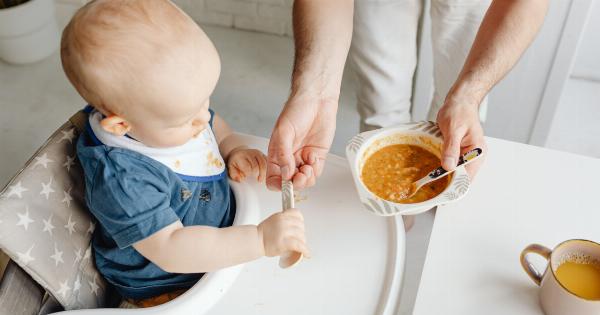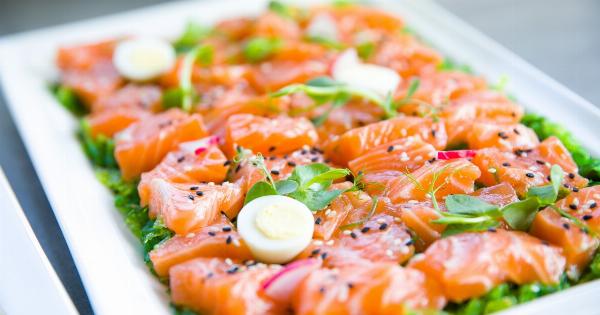One of the most exciting milestones in a baby’s development is the introduction of solid foods. As a parent, you will want to make sure that the transition from milk or formula to solid foods goes smoothly.
In this article, we will explore the best way to introduce your baby to solid foods.
When to Start Introducing Solid Foods
The American Academy of Pediatrics recommends that babies should start having solid foods between around 4-6 months of age.
Babies are generally ready to start introducing solid foods when they can sit up with support, have good head and neck control, and show interest in food. You can also look for your baby to have doubled their birth weight and be taking at least 32 ounces of formula or breast milk per day before introducing solid foods.
Types of Foods to Start With
It’s important to start with simple, easy-to-digest foods when introducing solids to your baby. The following are good first foods:.
- Rice cereal mixed with breast milk or formula
- Avocado mashed with a fork
- Bananas mashed with a fork
- Sweet potatoes steamed and mashed
- Carrots steamed and mashed
You might want to introduce one food at a time for a period of three days to watch for any allergic reactions or digestive issues.
How to Introduce Solid Foods
When introducing solid foods to your baby, the following tips can help:.
- Choose a time when your baby is alert and comfortable.
- Start with a small amount of food, perhaps a teaspoonful or two. You can increase the amount over time.
- Place a small amount of food on a baby spoon and offer it to your baby. You can also try using your clean finger at first.
- Don’t force your baby to eat. If they turn their head away or refuse, wait a few days before trying again, as they may not be ready yet.
- Let your baby take the lead. They may want to play with the food or explore it with their mouth first.
When to Introduce More Foods
You can gradually introduce a variety of fruits, vegetables, and protein sources as your baby gets used to eating solid foods. It’s a good idea to wait a few days in between introducing new foods to make sure there are no allergic reactions.
You can also start to introduce finger foods as your baby gets more comfortable eating. Some good finger foods include small pieces of soft fruit, cooked vegetables, and small pieces of cheese.
What Foods to Avoid
When introducing solid foods to your baby, it’s important to avoid the following:.
- Honey. It can cause a serious type of food poisoning called botulism.
- Cow’s milk, as it can cause anemia and digestive problems. Cow’s milk can be introduced at 12 months.
- Choking hazards, such as nuts, popcorn, and hard candy. Avoid these foods until your child is at least 4 years old.
- Juice. It has very little nutritional value and can lead to tooth decay if given in bottles or sippy cups.
- Highly processed foods, as they are low in nutrients and can contain additives and preservatives.
Caring for Your Baby’s Teeth
Even though your baby only has a few teeth, it’s important to start caring for them early on. You can clean your baby’s teeth and gums with a damp washcloth or a soft-bristled toothbrush.
Avoid using toothpaste until your baby is at least 2 years old, unless advised by your doctor.
Conclusion
Introducing your baby to solid foods is an exciting milestone, but it’s important to do so gradually and with care. Start with simple, easy-to-digest foods like rice cereal, avocado, and bananas.
Make sure to introduce new foods gradually and watch for any signs of allergic reactions or digestive issues. Avoid honey, cow’s milk, choking hazards, and highly processed foods. And don’t forget to care for your baby’s teeth early on.




























